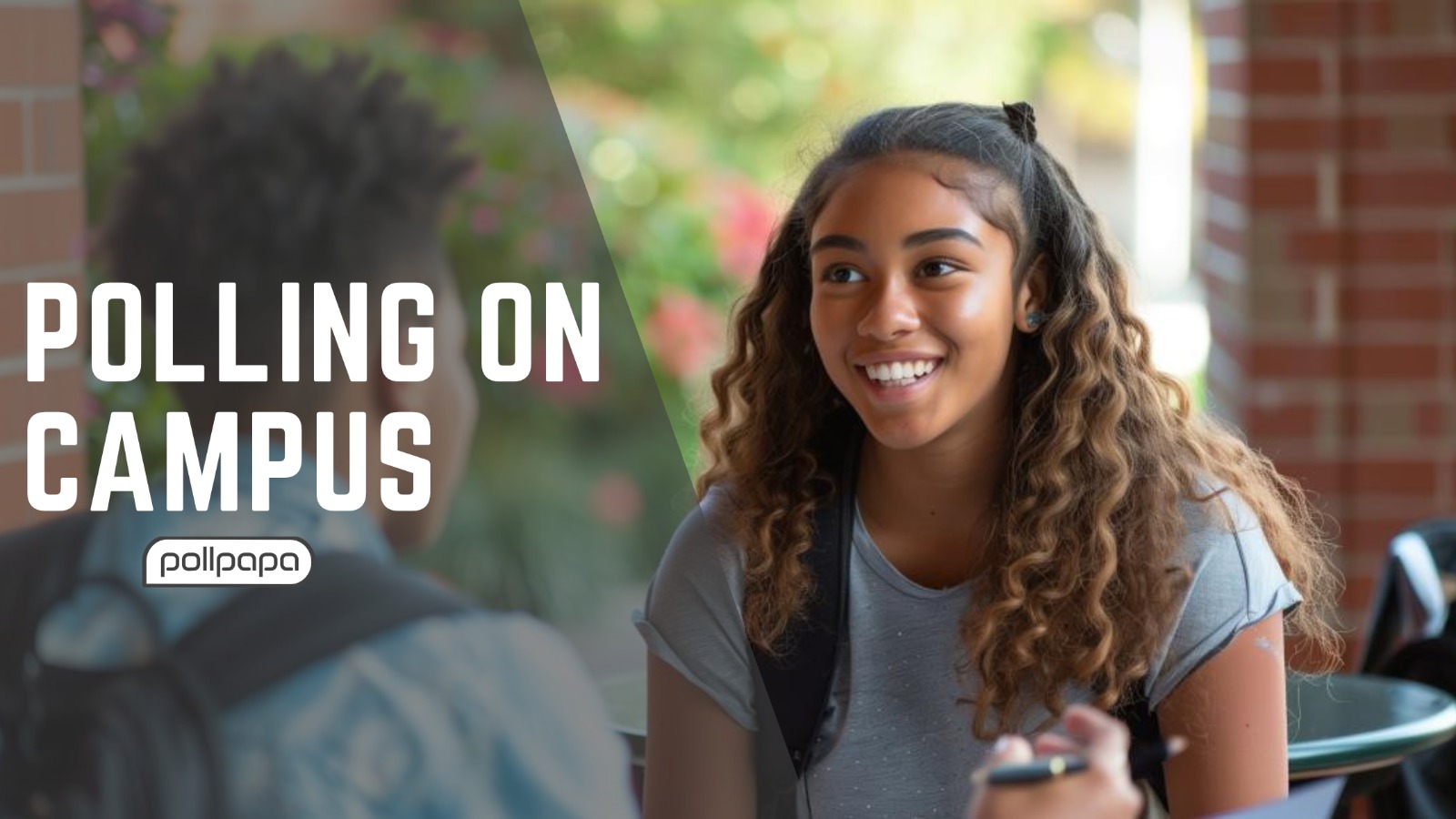Intellectuals and students have always supplied our society with the necessary criticism and opposition.
The 1960s and early 1970s marked a tumultuous period in American history, characterized by widespread student protests against the Vietnam War. These demonstrations, led primarily by university students, became a defining feature of the era, cementing the perception that young people were staunchly anti-war while older generations remained indifferent or supportive of the conflict. This narrative, however, is more nuanced than commonly believed.
A 1970 report from the Survey Research Center at the University of Michigan, highlighted in Seymour M. Lipset’s 1971 article “Polls and Protests,” challenges the prevailing assumption that youth uniformly opposed the war. According to the report, “this ‘generation gap’ that one would have expected, wherein the young oppose the war and the old support it, simply failed to appear.” Additionally, a significant portion of non-student youth actually supported a pro-war foreign policy.
However, as Seymour Lipset defines it, a “gap” does exist. But it is between persons on and off campus rather than between the younger and the older.
This data underscores a complex and often overlooked reality: the importance of polling in college, examining how it shapes our understanding of students’ opinions and corrects wrong assumptions about them.
Polling on campus serves as a powerful tool for understanding and accurately representing student opinions. Furthermore, polling helps to debunk stereotypes and misconceptions about student behavior and preferences. For example, there might be a perception in the community that a large portion of students engage in risky behaviors such as excessive drinking or drug use. However, a comprehensive campus-wide survey on health and wellness habits could reveal that these behaviors are less prevalent than assumed. Such insights not only provide a clearer picture of student life but also equip university administrations with valuable information to tailor support services and educational campaigns effectively. By conducting regular and inclusive polls, campuses can foster a more informed and responsive environment that truly reflects the diverse viewpoints and needs of their student body.
Read also

If we are to preserve democracy, rebuilding trust is essential—and blockchain technology could be the foundation upon which that trust is restored.





